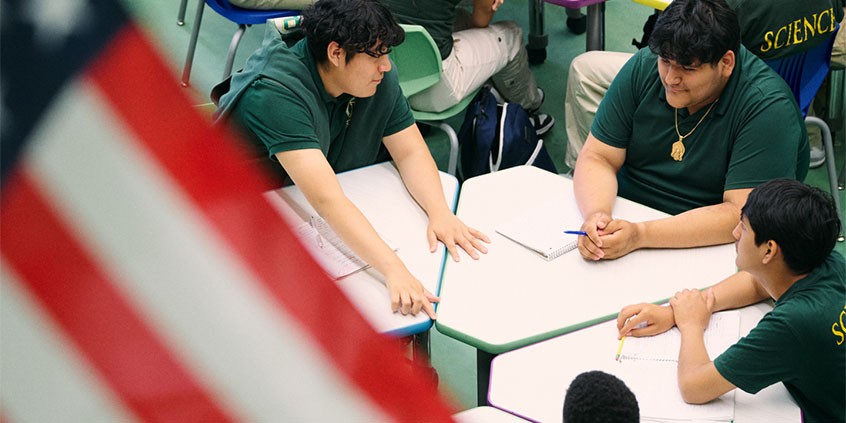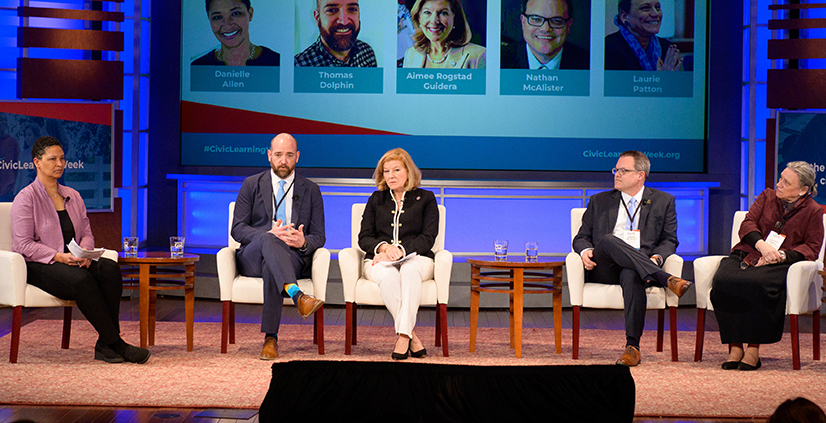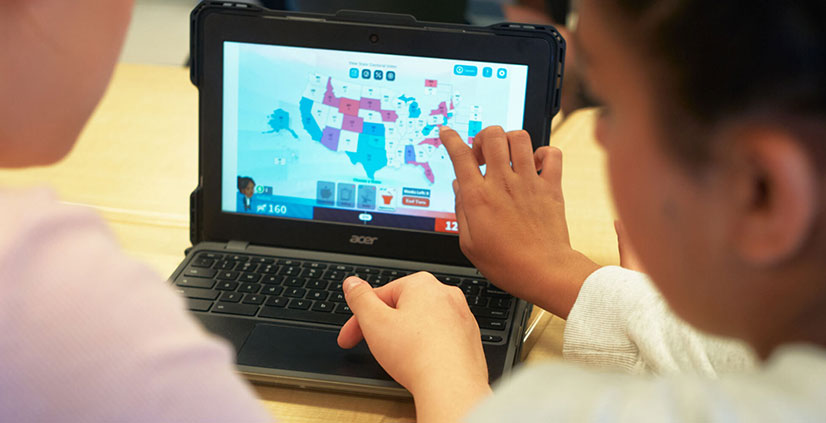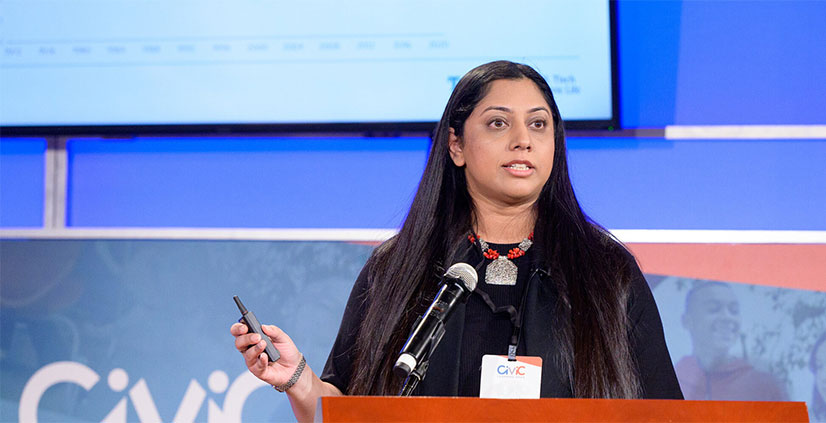|
STATE POLICY MENU
Encourage and Acknowledge Student Excellence and Participation in Civics
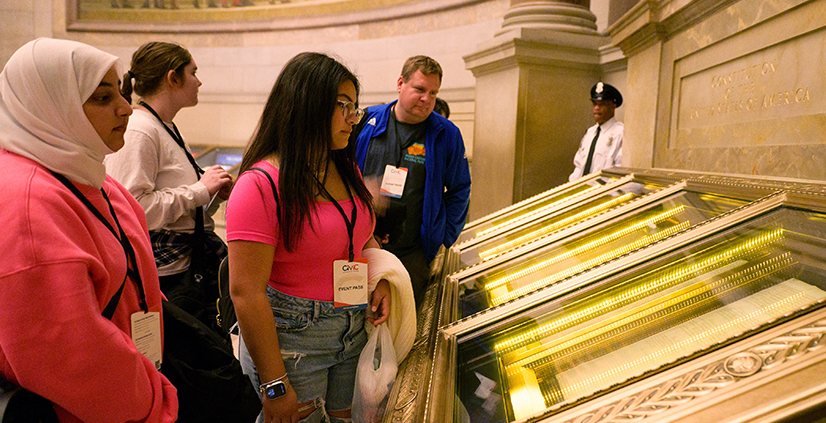

Challenge
As with learning in any other content area, students need coherence between what they learn about citizens’ power to effect change and their perceptions of their own schools in order to engage fully with learning about U.S. constitutional democracy.
Solution
Create learning environments that incorporate democratic practices through which students feel valued and respected. Provide civics graduation seals on student diplomas to recognize excellence. (See “Civic Seal Toolkit” in resources below to learn more.)
State Policy Options
- Establish a “civic seal” diploma recognition program to encourage excellence in civics.
- Include youth voice and participation in education and community decision making by ensuring meaningful student representation on local boards, commissions, and other governmental bodies. Student representatives should be elected by, and accountable to, their peers.
- Verify that school and district practices related to school discipline, safety, and culture reflect the principles of constitutional democracy, with a commitment to ensuring that every student has an opportunity to be heard when they are in conflict or facing discipline.
- Ensure that district-level K–12 civic learning plans address all facets of students’ civic development, allow comparisons across districts, and enable integration of accountability for civic learning into school performance measurements.
- As part of school recognition programs, include the quantity and quality of civic learning opportunities, the school culture that undergirds them, and measures of students’ current and prospective civic engagement.
Example
Public Law 114, passed with bipartisan support through Indiana’s General Assembly, mandated the Indiana Department of Education (IDOE) to introduce an “Excellence in Civic Engagement” designation for high school students, a commendation that will be noted on academic transcripts. The criteria for this designation encompass a range of activities, including volunteer work, engagement in project-based learning, and successful coursework completion, with IDOE providing the flexibility to define additional requirements.
Resources
- Model bill language
- State-specific K–12 civic learning profile
- National Council for the Social Studies Civic Seal Toolkit
For one-to-one support and/or technical assistance, please contact our state policy staff.

